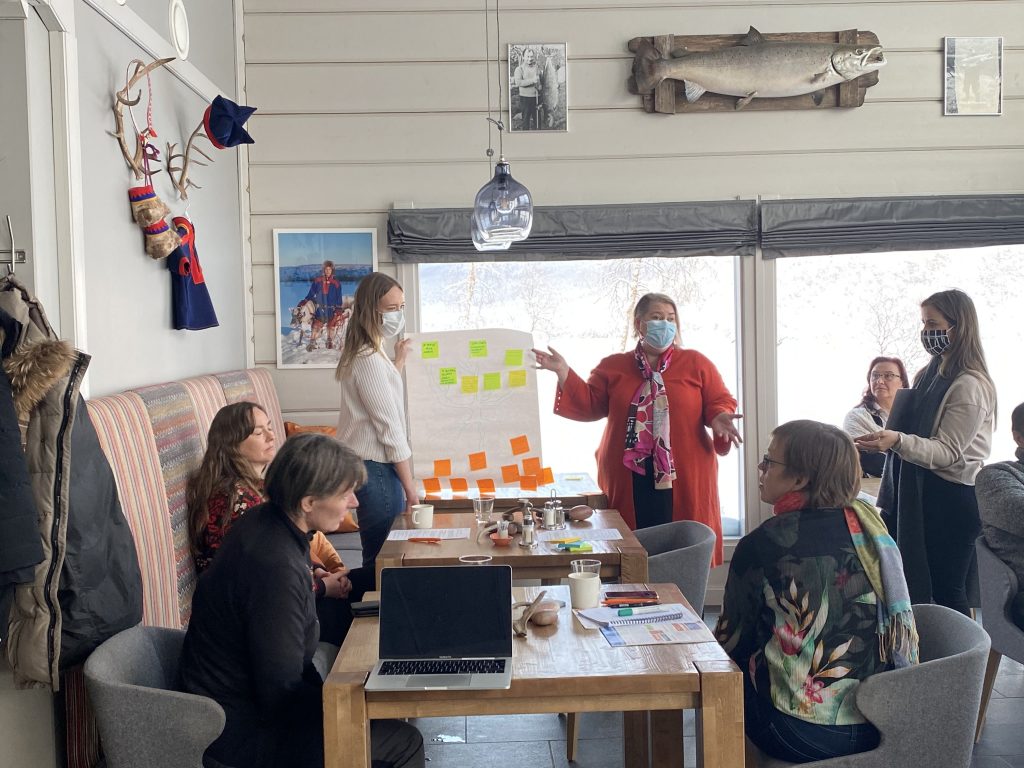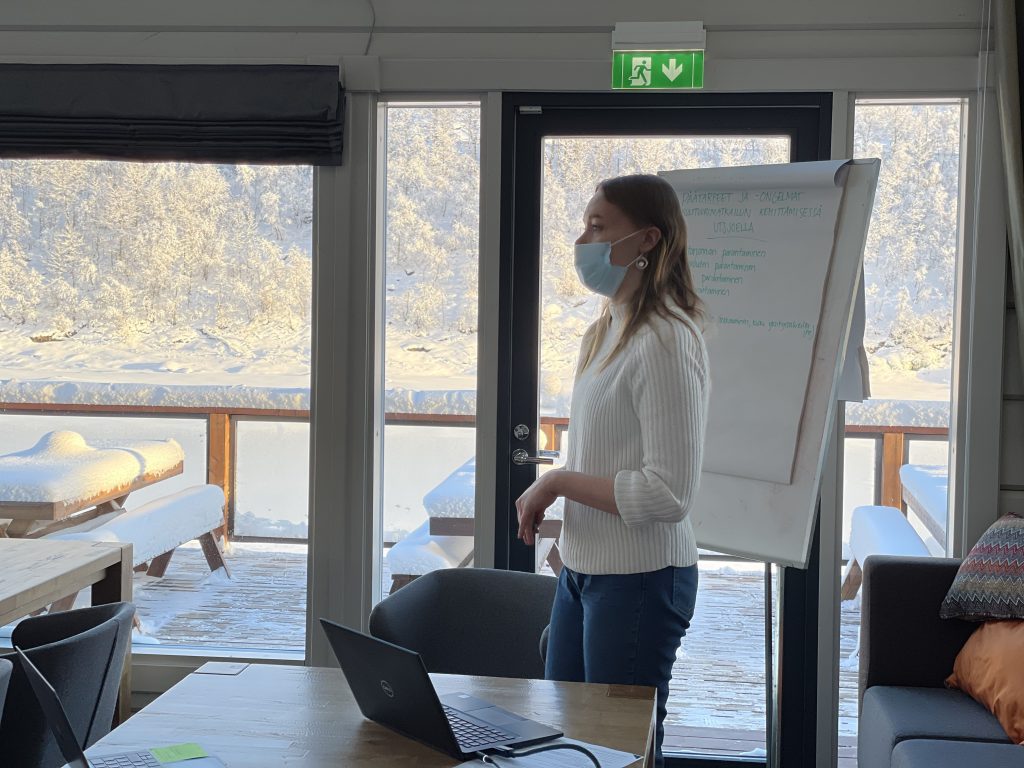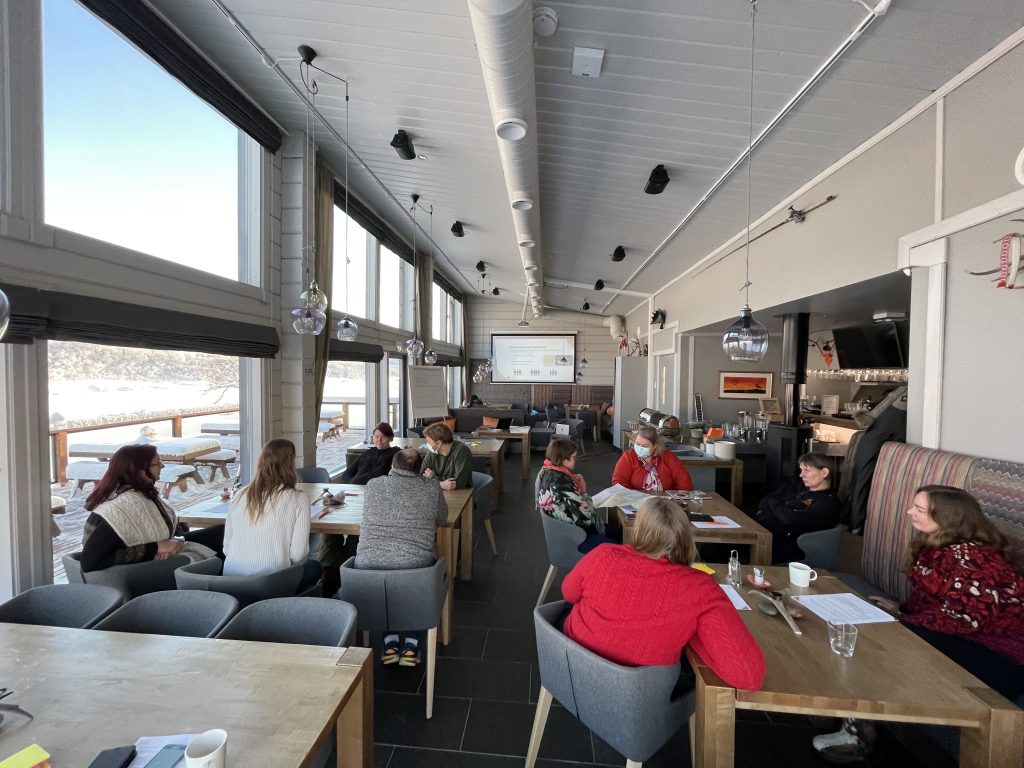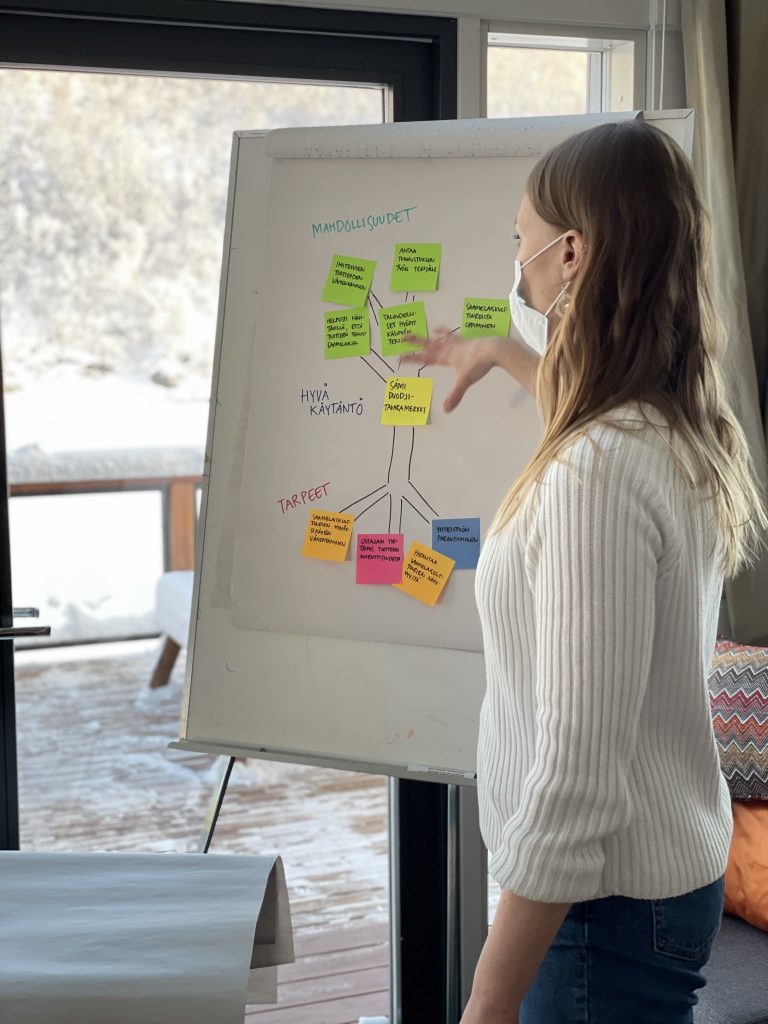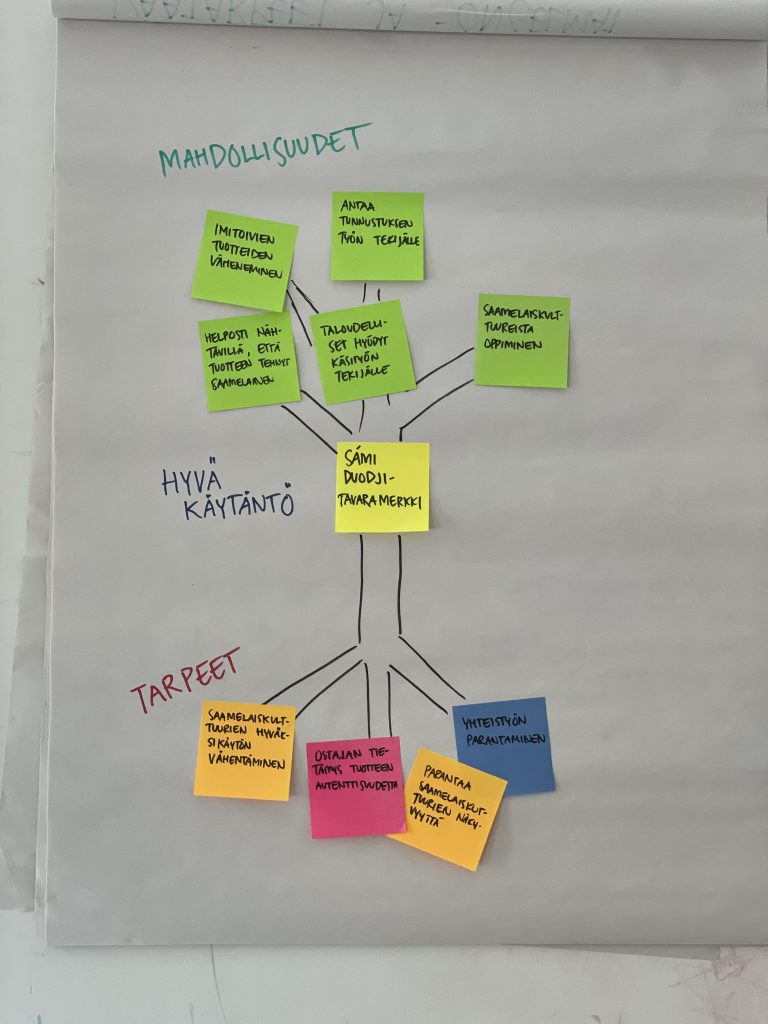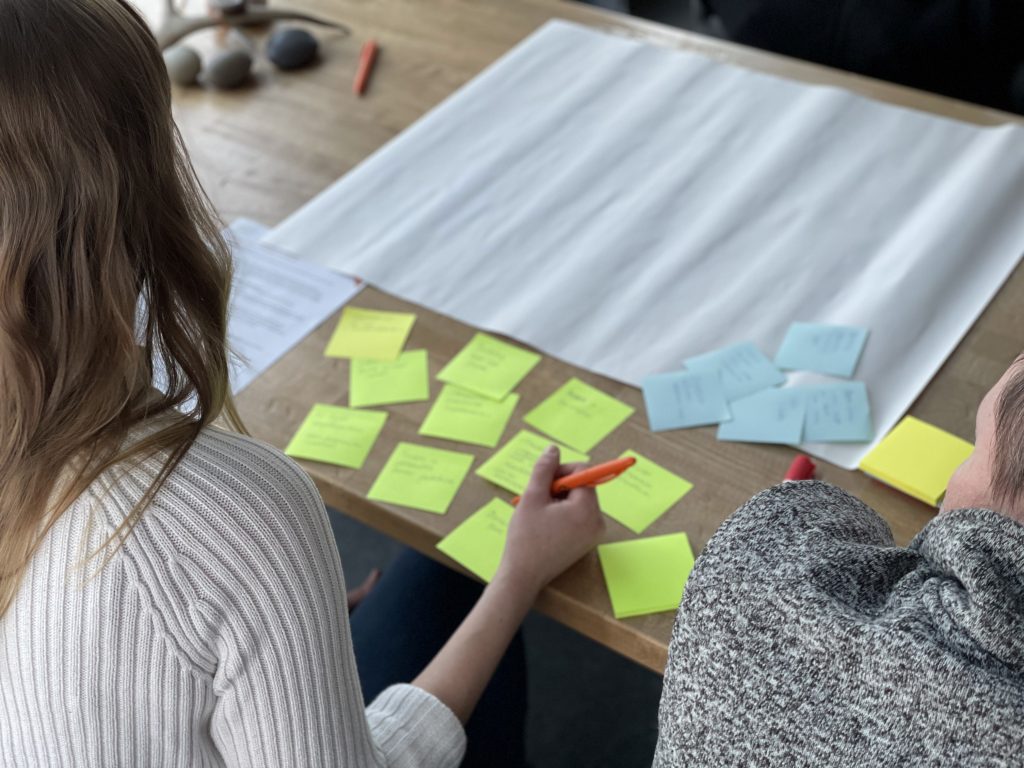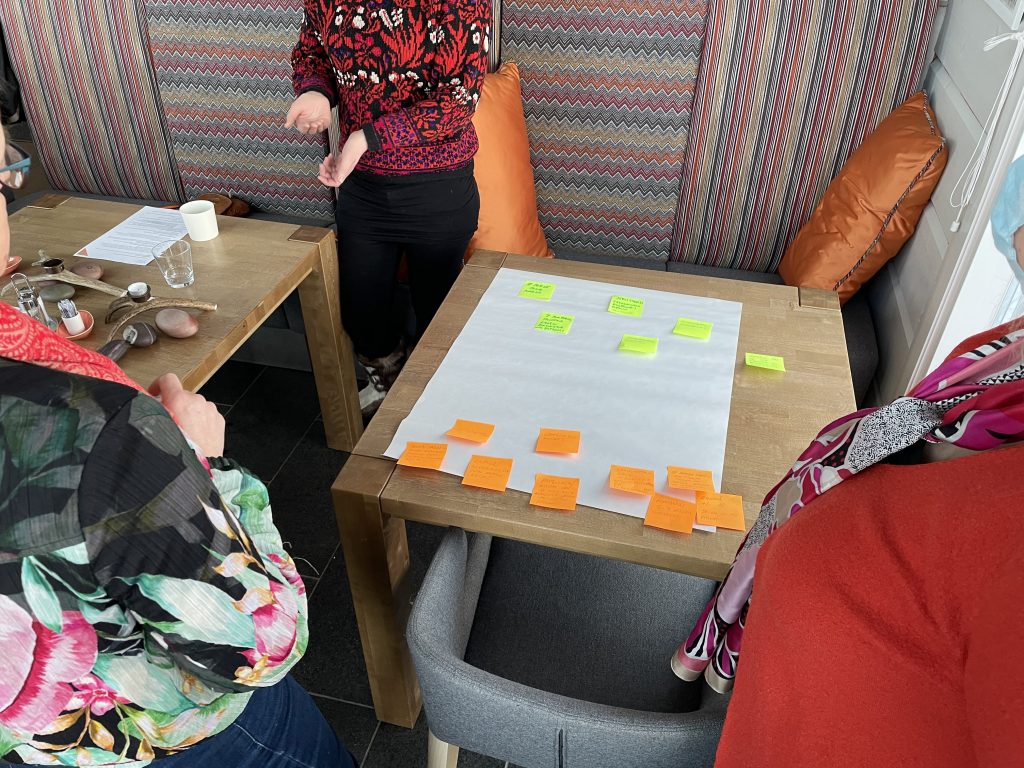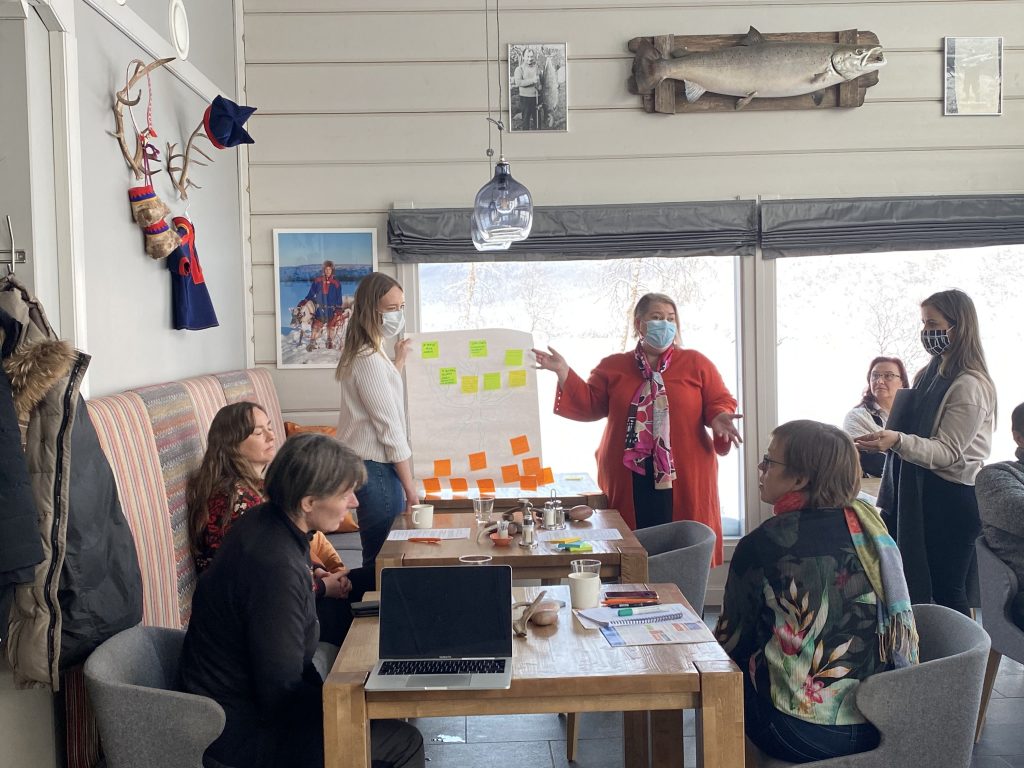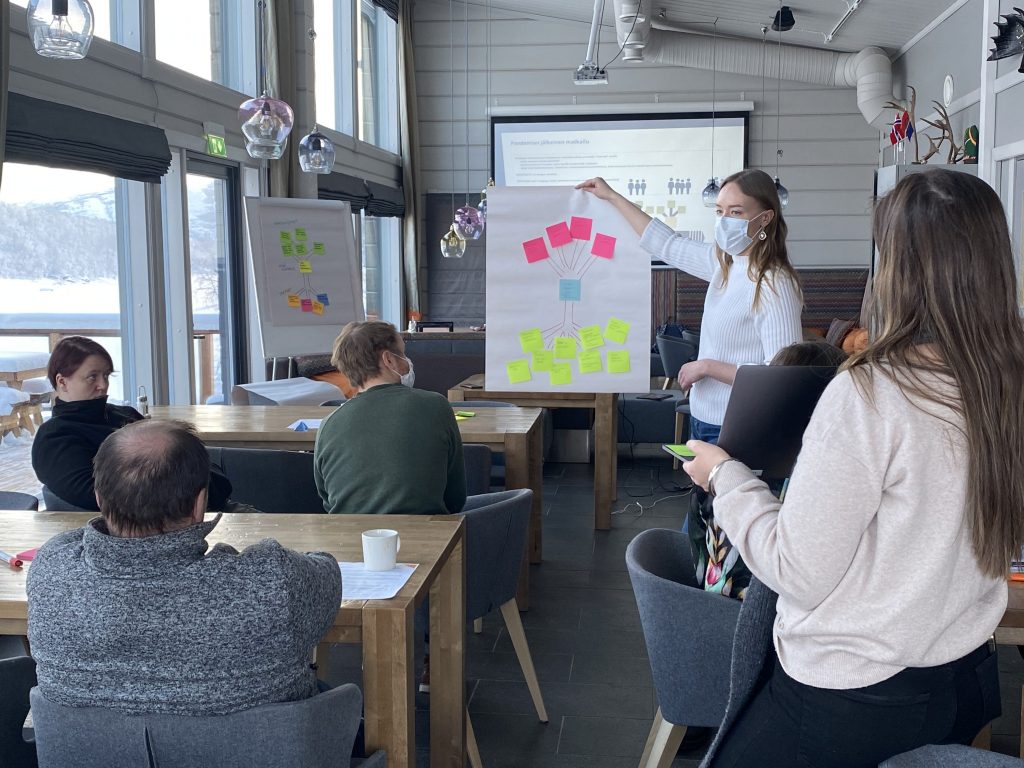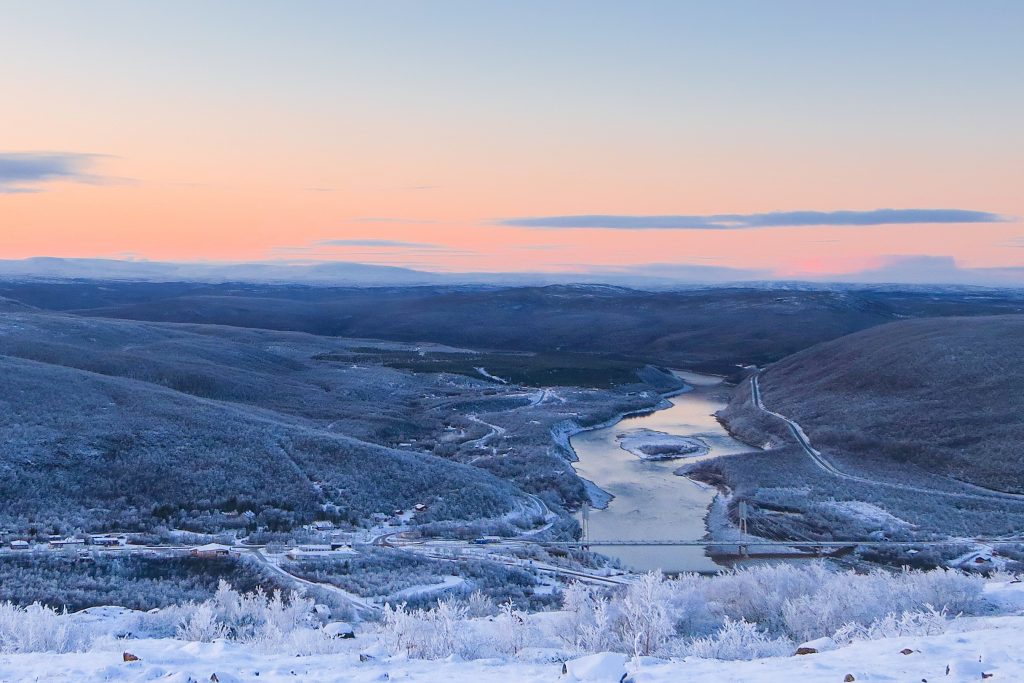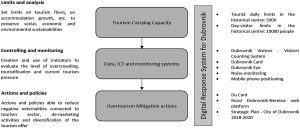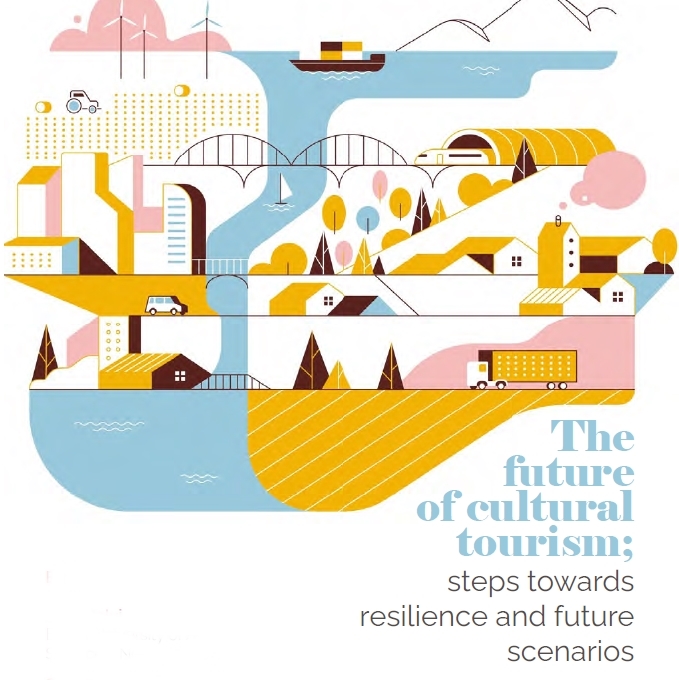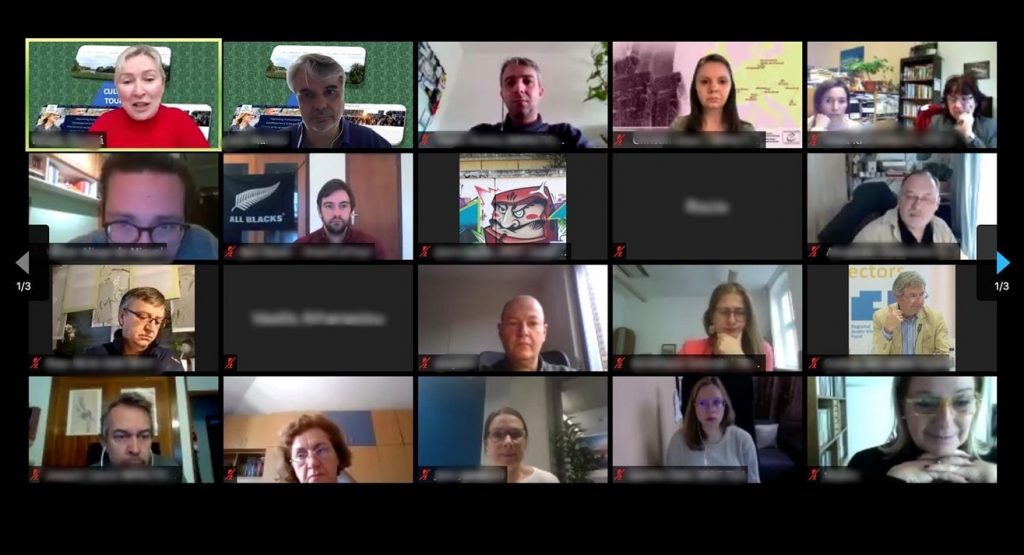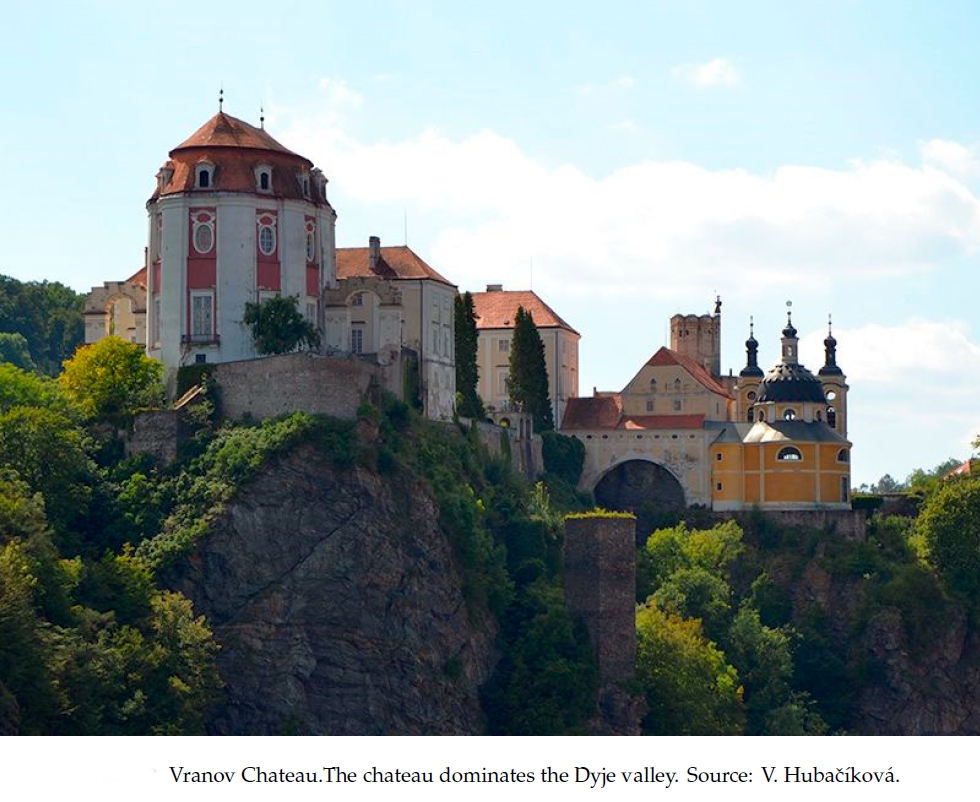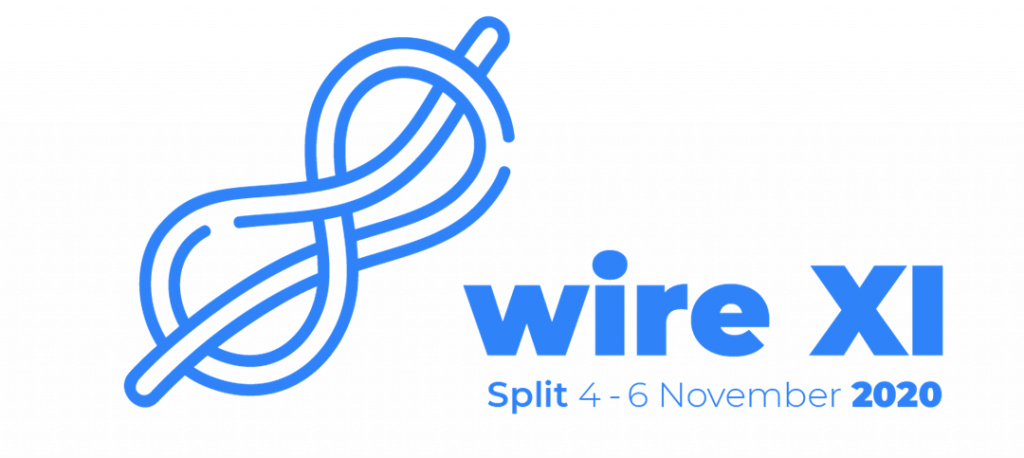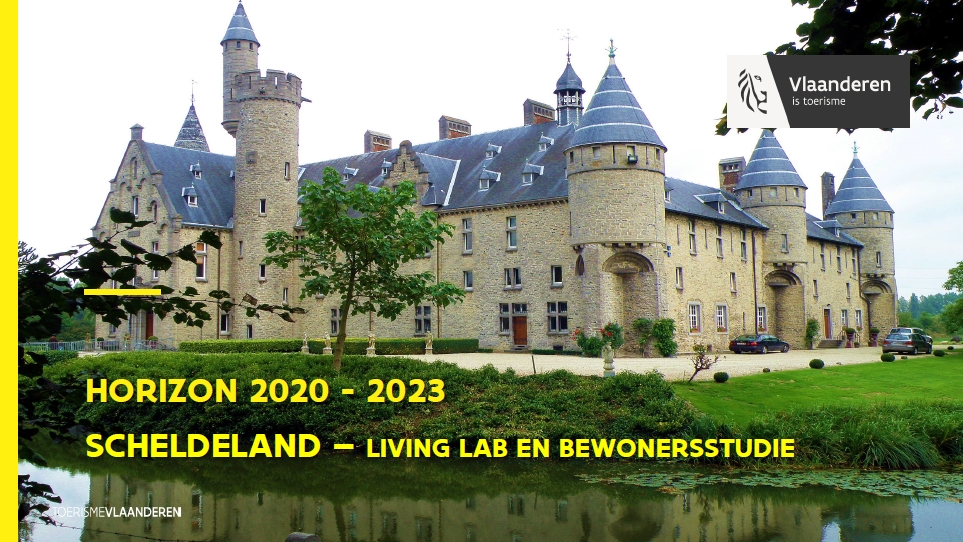The main objective of this Deliverable is to sketch what the future of cultural tourism could look like.
Cultural tourism was until recently so popular that it became a threat to host cities like Dubrovnik, Venice and Barcelona, but it has heavily been affected by the disruption caused by COVID-19, despite having shown a strong resilience during earlier (almost) equally massive disruptive events like 9/11, the tsunami in South East Asia of 2004, or the economic crisis of 2008.
Looking towards the future of cultural tourism destination, the challenge is now to develop cultural tourism in a way that ensures an effective ‘community resilience’ and, at the same time, contributes to long-term sustainable development and heritage protection. This is particularly important in an increasingly Volatile, Uncertain, Complex, and Ambiguous (VUCA) environment. While the term VUCA originates from the military, it well describes the peculiarity of our present times, already before this world pandemic. To survive in such environment, cultural tourism destinations and cultural tourism operators have to better develop their abilities to deal with disruptive changes and unexpected situations and become more aligned with local interests.
This makes even more difficult to predict the future of tourism. Any speculation about the future of cultural tourism, any attempt to outline hypotheses about the evolution of cultural tourism destinations, is confronted with the speed and the complexity of changes happening in the current world. What happens in a country, in a region, in a city, often has significant consequences for individuals, economic operators and institutions located in other places.
Globalisation processes, experience and creative economy, digital technology evolution and changing perspectives on sustainable development have been identified as macro-trends that have been contributing to shape cultural tourism. Based on their influence on relevant cultural tourism stakeholders (such as cultural tourism demand, supply and governance actors), four possible scenarios have been sketched, identifying four different typologies of future cultural tourism.
The four typologies of future cultural tourism are described presenting the opportunities of each scenario, but also mentioning what the possible risks of a specific type of evolution are. The overall picture shows the urgency to redefine what constitutes success in cultural tourism, shifting from growth in the number of tourists to more sustainable objectives connected to the SDGs, the quality of cultural experiences, the quality of life and liveability of a destination, for both tourists and the local residents.
You can read the full report here: Deliverable 2.2


